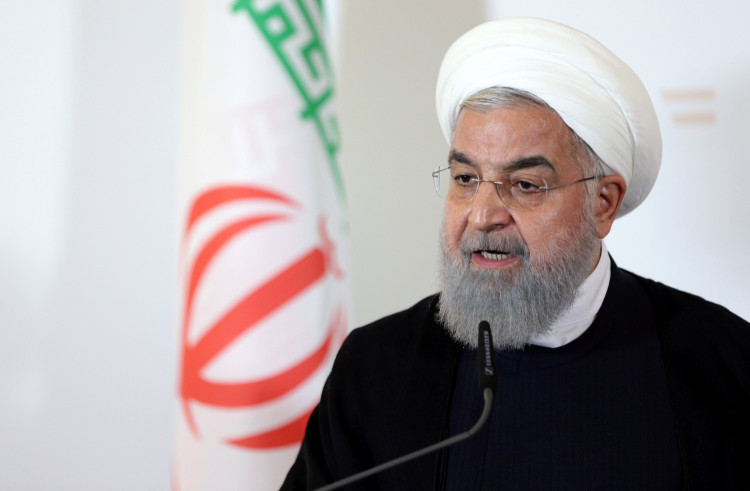Iran has executed a once-banished journalist in connection to his online work that helped inspire economic demonstrations in the country in 2017, authorities disclosed.
Iran's state-controlled television and the government-run IRNA news agency reported that Ruhollah Zam was sentenced to death by hanging, early Saturday morning. The country's state TV referred to him as the "leader of the riots" in announcing his death. He was 47.
Zam's family visited him the previous day, but judicial and prison officials had not notified them -- or Zam himself -- about the scheduled execution, Amnesty International said.
Zam was among several opposition figures who had been successfully seized by the Iranian intelligence agents overseas in the past few months as the Islamic republic struggles under the burden of broader U.S. sanctions.
Zam was sentenced by an Iranian court to death last June, claiming he had been found guilty of "corruption on Earth" -- a charge that is usually applied in cases that involve espionage or attempts to destabilize Iran's government.
The 2017 protests were said to have resulted in the death of 25 people and the detention of around 5,000.
According to Diana Eltahawy, Amnesty International Middle East deputy chief, Iran rushed to execute Zam "in what we believe was a reprehensible attempt to avoid an international campaign to save his life," The Guardian quoted the rights group director as saying.
The abduction and death of Zam are expected to further deepen an already-scattered Iranian opposition across the West. His execution also comes as Tehran tries to pressure France and other European countries over the failed nuclear agreement in the final days of incumbent President Donald Trump's administration.
Zam's execution drew immediate international condemnation. It was denounced by press freedom organizations Committee to Protect Journalists and Reporters Without Borders.
It is a crippling blow to freedom of speech in Iran and underlines the extent of its authorities' deadly strategies to "sow fear and deter dissent," Eltahawy said.
Zam, son of a pro-reform Shia cleric, had fled Iran at the height of anti-government demonstrations in 2009, saying he was falsely accused of working for international intelligence groups.
He lived in exile in Paris, ran AmadNews, and created a social media channel through messaging platform Telegram with over a million followers.
Telegram deactivated the channel over Tehran's complaints it spread information on how to make improvised explosive devices like gasoline and other incendiary bombs. Zam denied the accusations.






